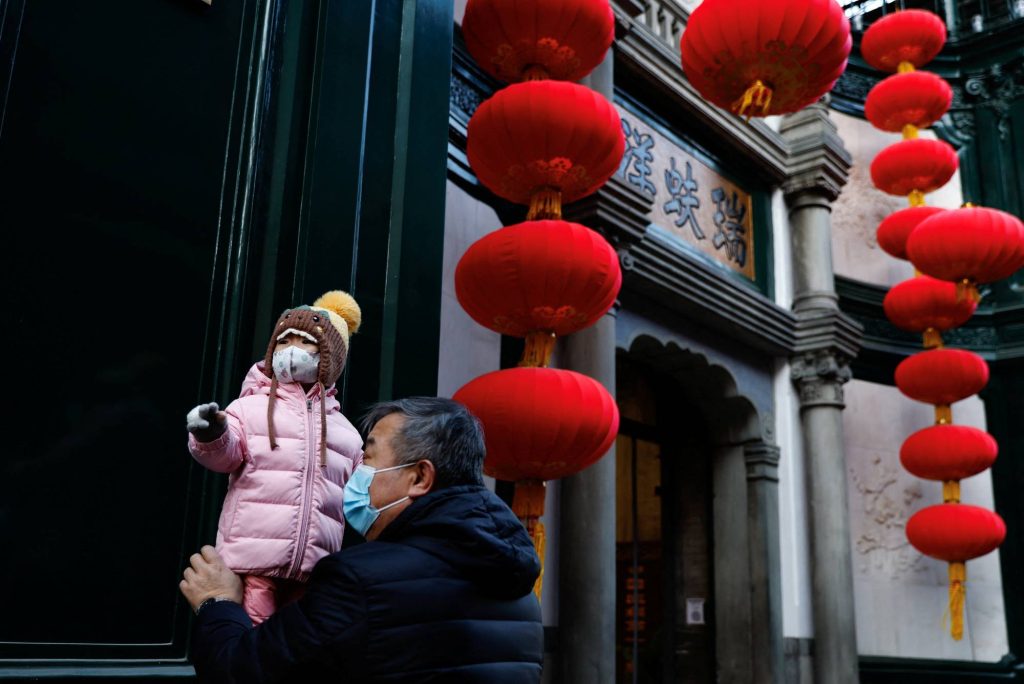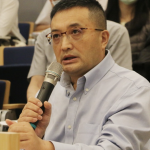
Modern common-sense education has made human beings generally aware of the insignificance of themselves and the earth they are in in the universe composed of space and time. However, this feeling constitutes a certain obstacle to our understanding of human history, which makes it easy for us to generalize the rules of modern history, and it is easy to underestimate or fail to imagine the richness and difference of human historical traditions, including cultural traditions and political traditions.
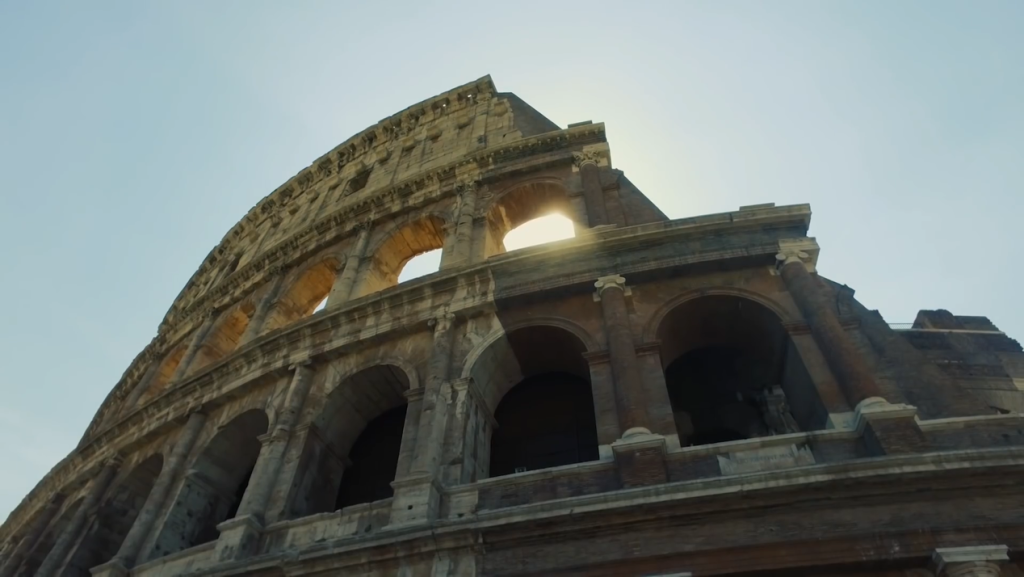
Since the 18th century, globalization led by Western Europeans has made people around the world imagine their own historical traditions as something similar to Western European historical rules. Therefore, when North American and Western Europeans describe China according to their interests and needs, people in other parts of the earth accept it almost without hesitation.
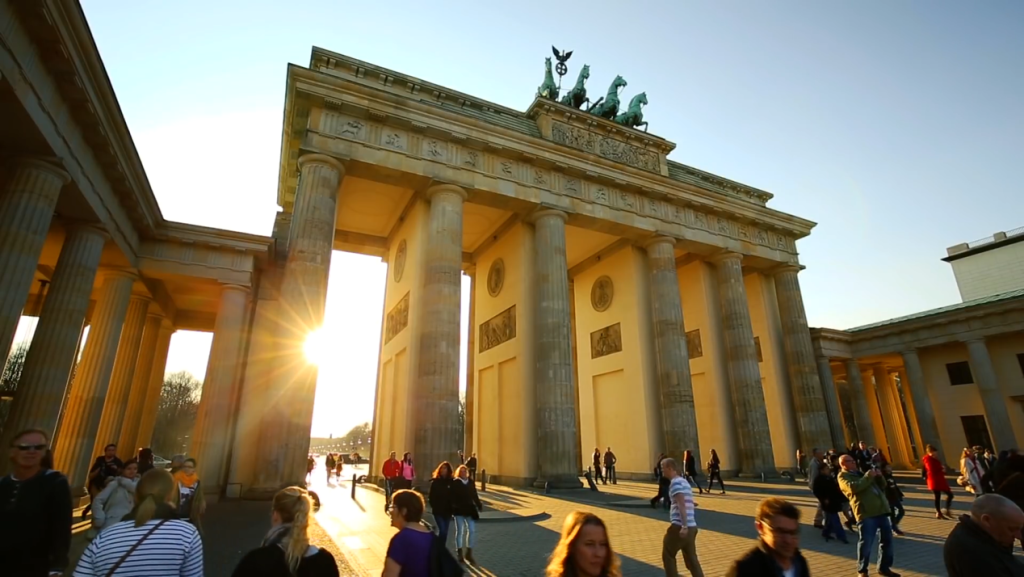
But in reality, about three or four thousand years ago, the migration and distribution of biologically modern humans on the earth were similar to the formation of cultural circles
and political circles today. In other words, we see different life circles, cultural circles, and political circles here, and the differences between these circles are probably no less than the differences between different planets. The point is that the understanding of natural society and politics in different circles is different, and the rules established by this are also different.
The traditional China that emerged in East Asia has established corresponding rules based on its own special social and historical environment. But the core is the concept of ” the Standard and Legitimate line of Succession” and “the world”, which is formed by the expansion of kinship family relationships.
The Standard and Legitimate line of Succession includes two levels: ” Succession of Confucian ideals” and ” Great Unity”.

“Succession of Confucian ideals” refers to the legitimacy of regime inheritance. The core of legitimacy is that only when governance conforms to the basic interests of the people can it get the ” Mandate of Heaven”. ” Mandate of Heaven” is the basic interest of the people authorized by the highest moral will in China’s concept. The basic interests of the people include political rights and freedom rights in addition to survival rights. The ancient society of China had lost control over the people. The citizens have a wide range of freedoms and respect for diversity in their personal lives, including cultural tolerance, religious tolerance and tolerance in private life. In ancient China, it was hard to find the interference in personal life like the medieval church in Europe, for example, the widespread discrimination against heretics and homosexuality.
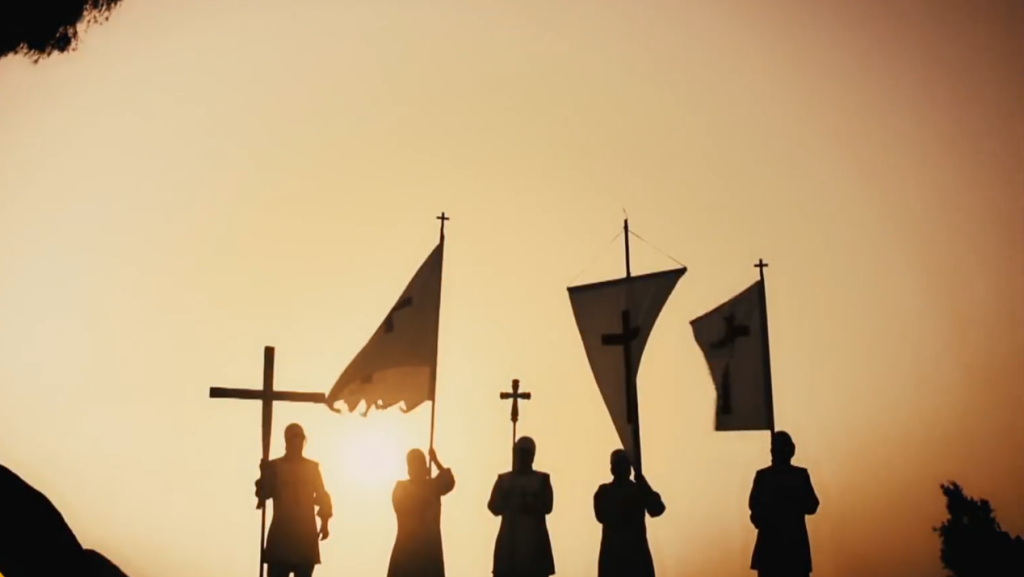
The so-called Great Unity is aimed at the traditional main economic zone of China. Under its agricultural settled life style, the diversity and dispersion of power centers will certainly aggravate the social inequality within the scope of each power center itself, and the frequent violent conflicts with each other. This phenomenon has come into a new idea, that is to end this imbalance and vicious circle.
Great Unity is the result of rational thinking and choice. The idea of Great Unity is easier to understand in today’s world. We see that the ideal of the European Union is to integrate political ambiguities for the benefit of the people, which is beyond the international level. But we can also realize that the ideal of the European Union, as well as the Latin American unification, the African unification movements, which are still not easy to make them come true. Reviewing the traditional Chinese concept of Great Unity from this perspective, it is easy for us to understand sympathetically. Then traditional China had to deal with the internal politics of the settled peasant society, and also had to deal with its own relationship with the surrounding region and other people.
Traditional China also uses a virtual blood relationship derived from family ethics to imagine itself as descended from the same ancestor but with different branches, and then used the model of regulating family and kinship ethics to regulate international relations between traditional China and its neighbor. Thus, this “world-wide” order has been formed, including the interaction between “core” and “edge”. In the “world-wide” order, there is an apparently odd number of supreme rulers and a negative number of vassals, but in fact there is an equal interaction between the political units.
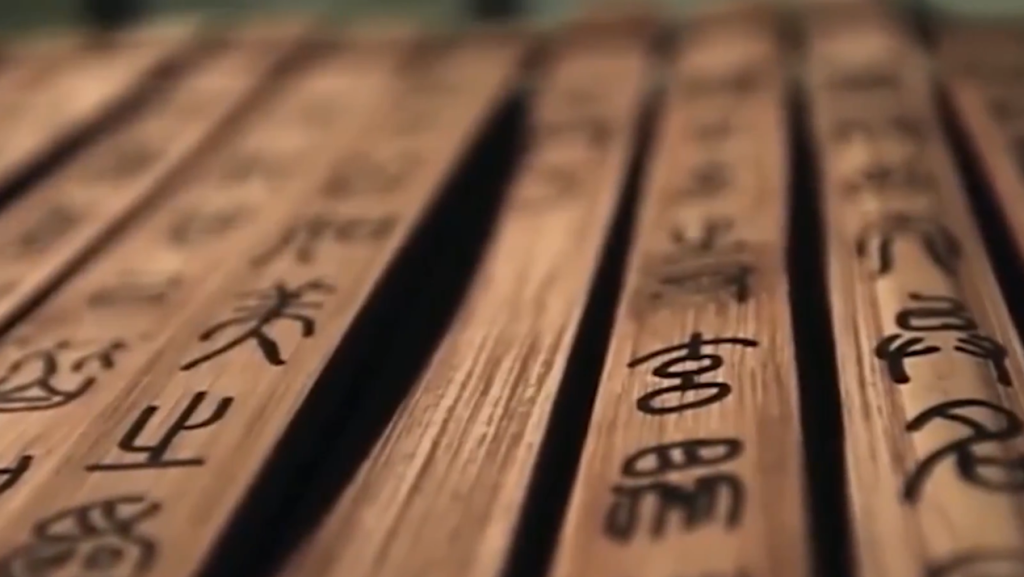
This is in stark contrast to our understanding of international relations where there is seeming equality between countries which are unequal substantively. Yet, I’d like to highlight one thing: In the traditional Chinese political culture, the blood relation is merely on paper. In West Europe and Japan, however, the blood relation has to be testified. So here is the essential difference between rational politics in China and irrational politics in elsewhere. Within such an open-minded and tolerant cultural environment, traditional China has actually developed a common culture shared by its people widely. Such a common culture features both effective communication at home and openness abroad. And these two characteristics stimulate further expansion of this common culture.
The internal culture of modern China has included both commonality and diversity, and this is obvious to all. We can also see that, Chinese culture has a lot of in common with cultures of Korean Peninsula, Japan, Ryukyu Islands, Vietnam, and some Southeast Asian countries.
